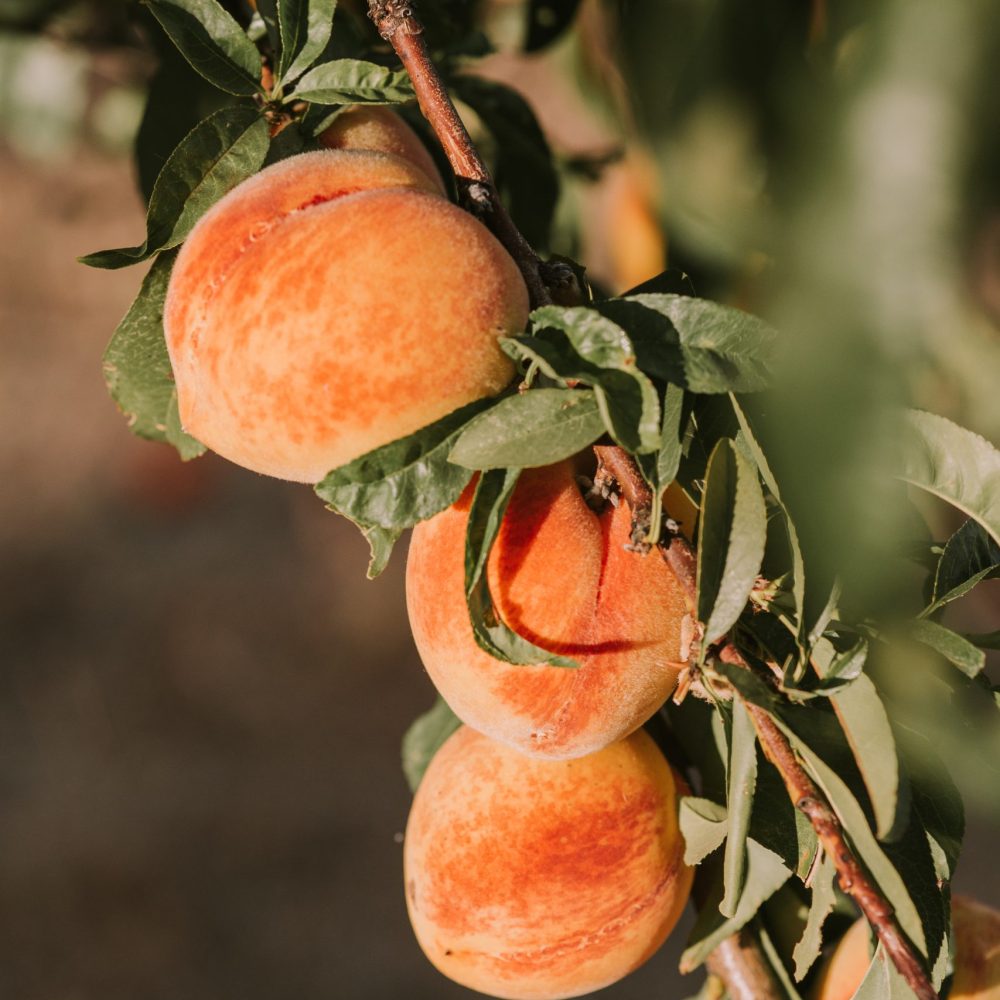
1,2,3... organic
We are often approached by current and future agricultural producers with questions about how to become “organic”. In addition to needing a lot of will and a lot of love to go down that path, they need to take a few key and unavoidable steps
To the greatest extent possible, the organic farming system relies on crop rotation, use of crop residues, animal manure, legumes, green manures, organic farm waste, biofertilizers, mechanical cultivation, mineral rock and biological control aspects to maintain productivity and tillage to supply plant nutrients and to control insects, weeds and other pests.
Organic methods can increase farm productivity, repair environmental damage, and connect small family farms into more sustainable distribution networks that cooperate in production, certification, and marketing. The use of large amounts of chemical fertilizers and toxic pesticides endangers soil and water. The consequences of this are severe, especially the dramatic destruction of the upper soil layer, the reduction of soil fertility, the pollution of surface and underground water and the loss of genetic diversity.
Organic agriculture, which is a holistic production management system that promotes and improves the health of agro-ecosystems, including biodiversity, biological cycles and soil biological activity, is therefore very important. Many studies have shown that organic farming methods can produce even higher yields than conventional methods. A significant difference can also be observed in soil health indicators such as nitrogen mineralization potential and microbial abundance and diversity, which were higher on organic farms. Increased soil health on organic farms has also resulted in significantly lower rates of insect and disease development. Emphasis on integrated small-scale farming systems has the potential to revitalize rural areas and their economies.
1. Land
Yes, if you want to become an agricultural producer, it is necessary to own your own piece of land, or to have land on lease. In both options, be sure to have a cadastral certificate or lease agreement.
2. What would you produce?
For many, this is the most difficult question. In order to be sure that we have made the right decision, several prerequisites must be met. To begin with, we should certainly do an analysis of the soil, but also of the water with which we would water our future production. Chemical and mechanical analysis of the soil will initially tell us what results we can expect from our plantings and which cultures our soil “pleases”. In some cases, organic production on some soils is not recommended due to the presence of, for example, heavy metals.
3. Conversion in organic production
The law states that organic production is possible on land where there has been no conventional production for at least three years. If it is possible to prove that the land was exempted from conventional production for more than three years, the conversion period can be shortened, so you can become an organic producer already in the first year. About the conditions for shortening the conversion period and confirmation that it is possible, you can write to us at …….
4. Selection of culture and planting material
For many, this is the most difficult question. In order to be sure that we have made the right decision, several prerequisites must be met. To begin with, we should certainly do an analysis of the soil, but also of the water with which we would water our future production. Chemical and mechanical analysis of the soil will initially tell us what results we can expect from our plantings and which cultures our soil “pleases”. In some cases, organic production on some soils is not recommended due to the presence of, for example, heavy metals.
5. Selection of control organization
The law states that organic production is possible on land where there has been no conventional production for at least three years. If it is possible to prove that the land was exempted from conventional production for more than three years, the conversion period can be shortened, so you can become an organic producer already in the first year. About the conditions for shortening the conversion period and confirmation that it is possible, you can write to us at …….
6. Selection of culture and planting material
For many, this is the most difficult question. In order to be sure that we have made the right decision, several prerequisites must be met. To begin with, we should certainly do an analysis of the soil, but also of the water with which we would water our future production. Chemical and mechanical analysis of the soil will initially tell us what results we can expect from our plantings and which cultures our soil “pleases”. In some cases, organic production on some soils is not recommended due to the presence of, for example, heavy metals.
Links
Law on organic production (“Official Gazette”, no. 30/10 and 17/19-dr. Law) Regulations on control and certification in organic production and methods of organic production (“Official Gazette of RS”, no. 95/20 and 24/21 )
Rulebook on the documentation to be submitted to the authorized control organization for the purpose of issuing a certificate, as well as on the conditions and method of selling organic products (“Official Gazette of the RS”, no. 88/16) LIST OF AUTHORIZED CONTROL ORGANIZATIONS – MEMBER OF SERBIA ORGANIC FOR PERFORMING CONTROL AND CERTIFICATION WORKS for 2023
